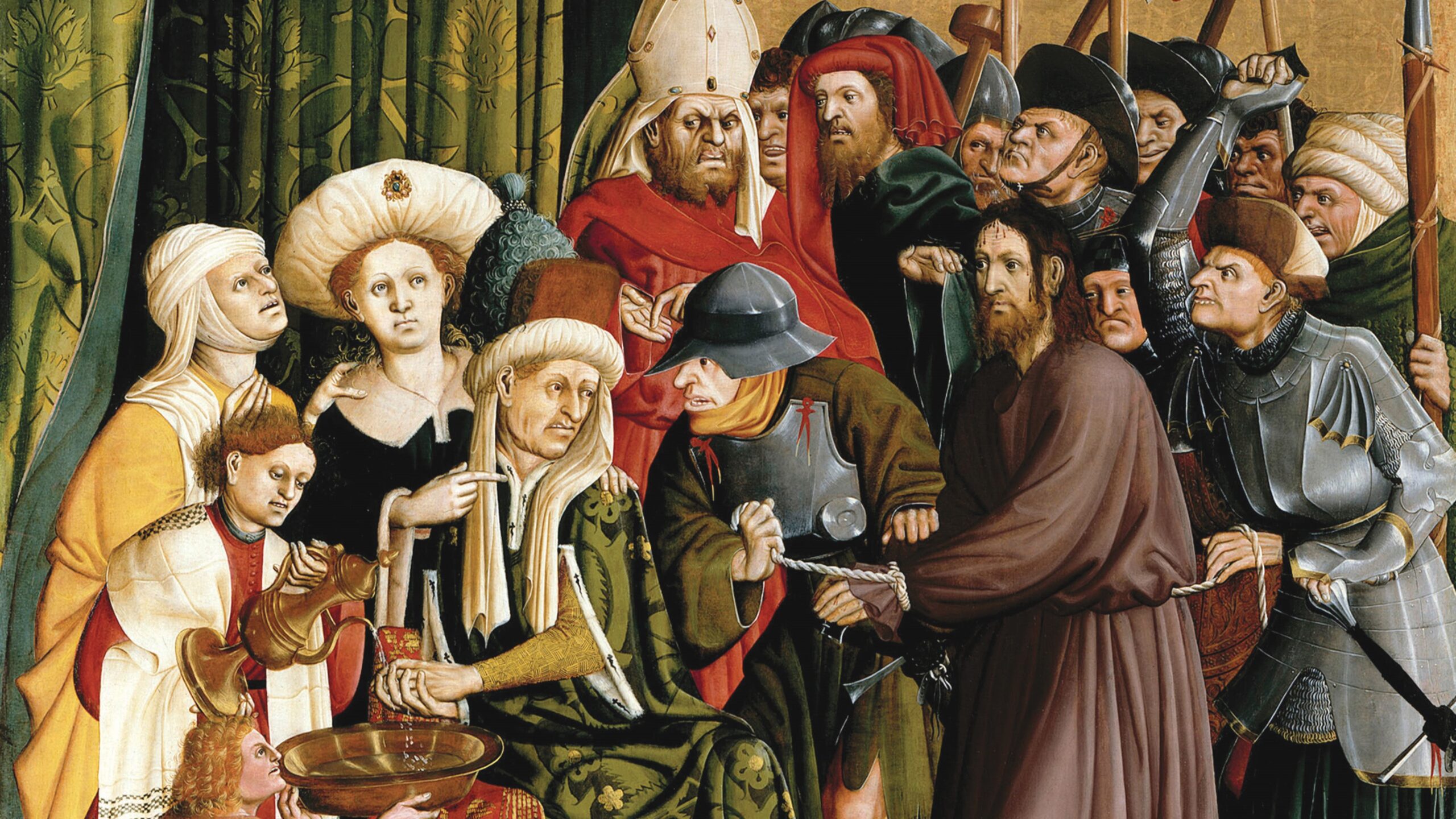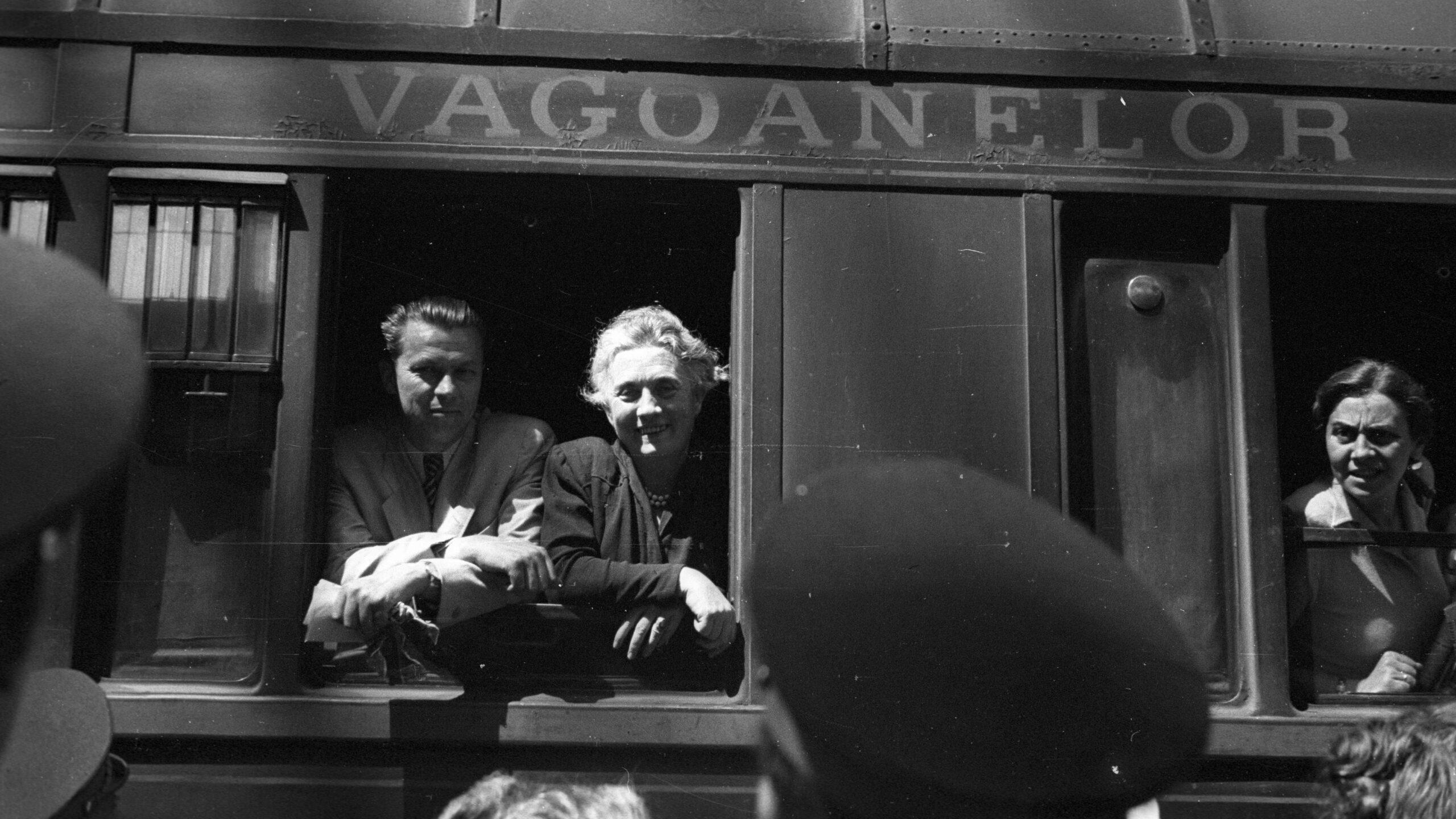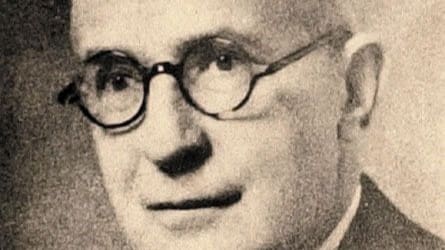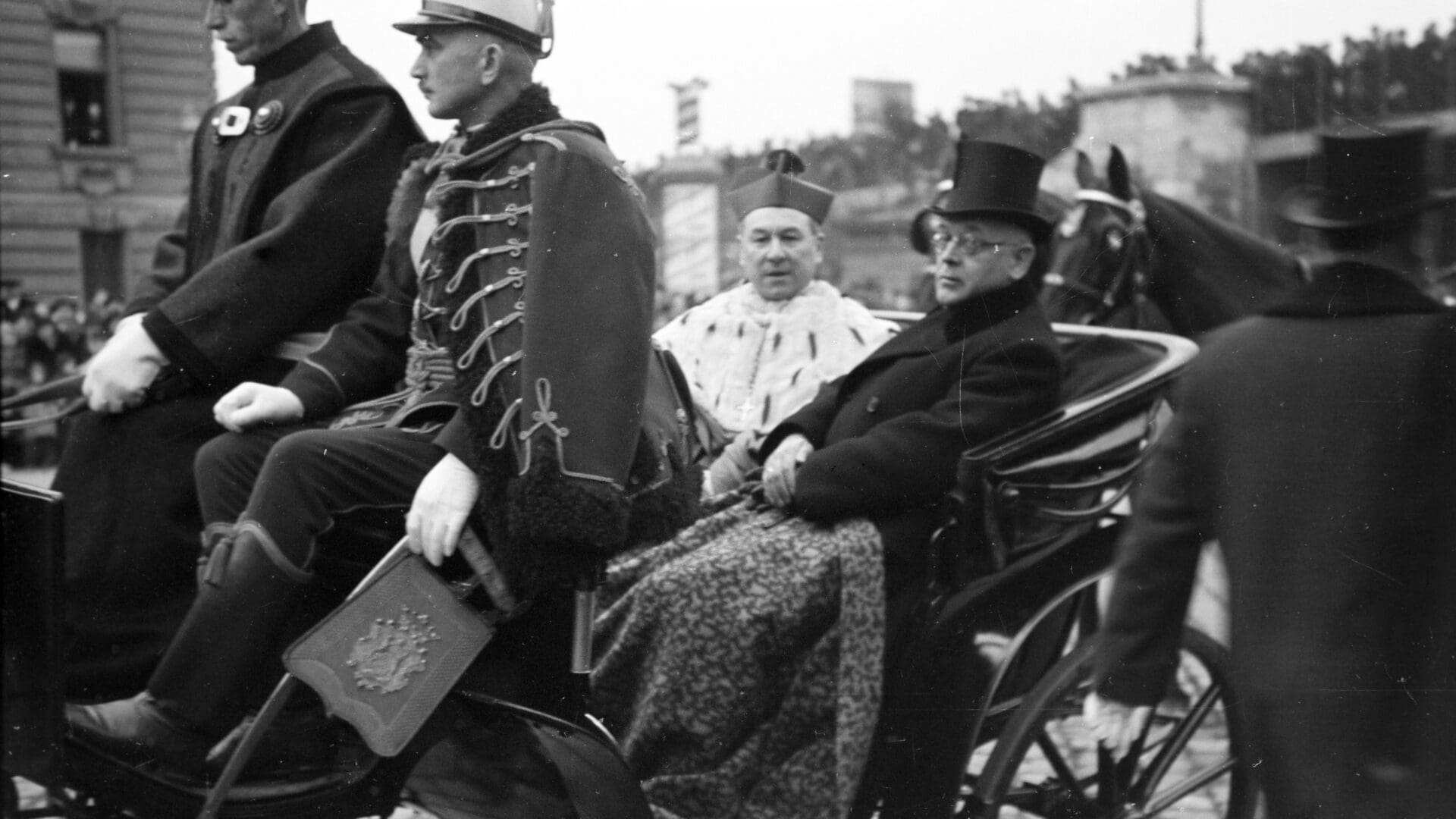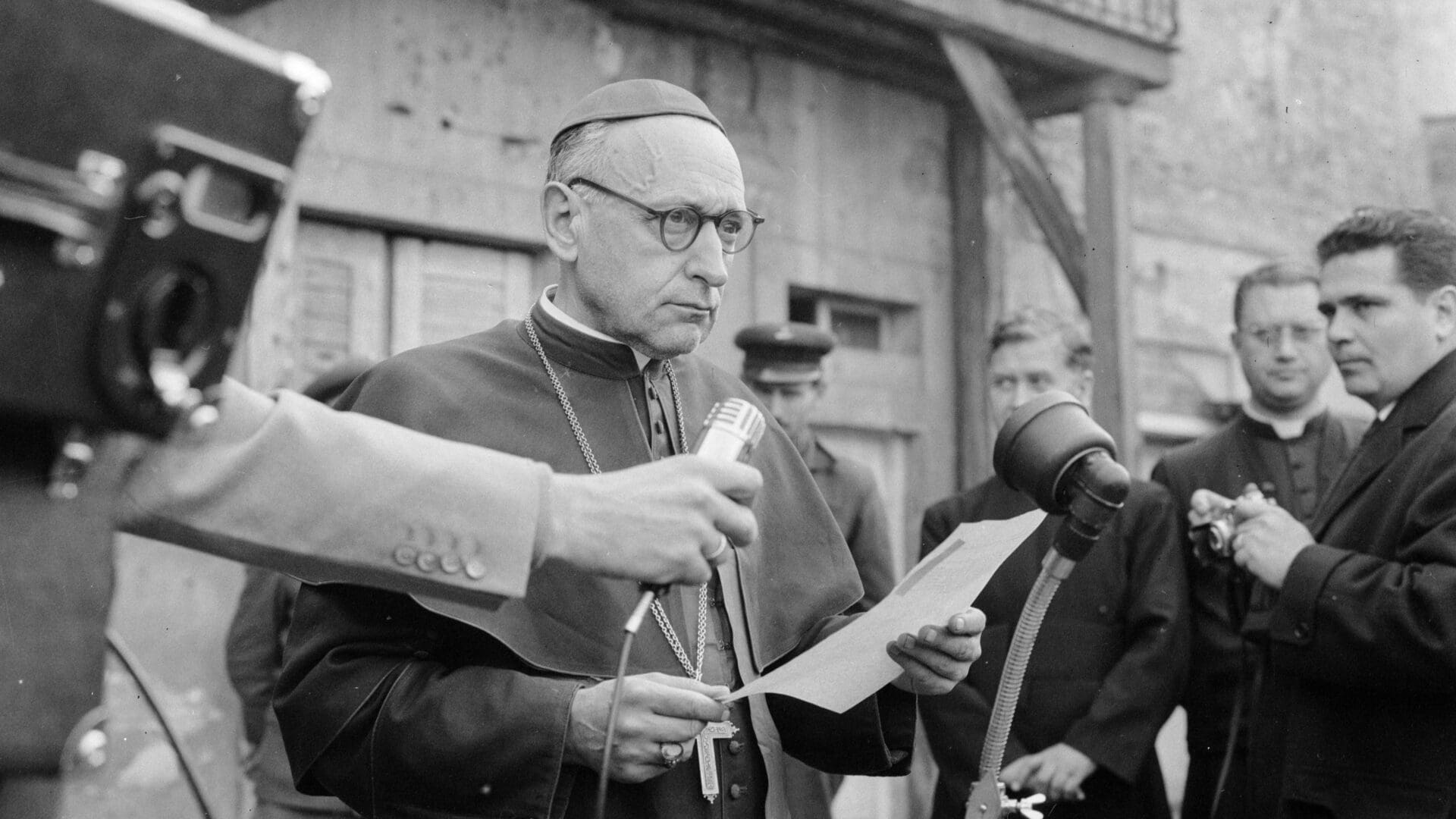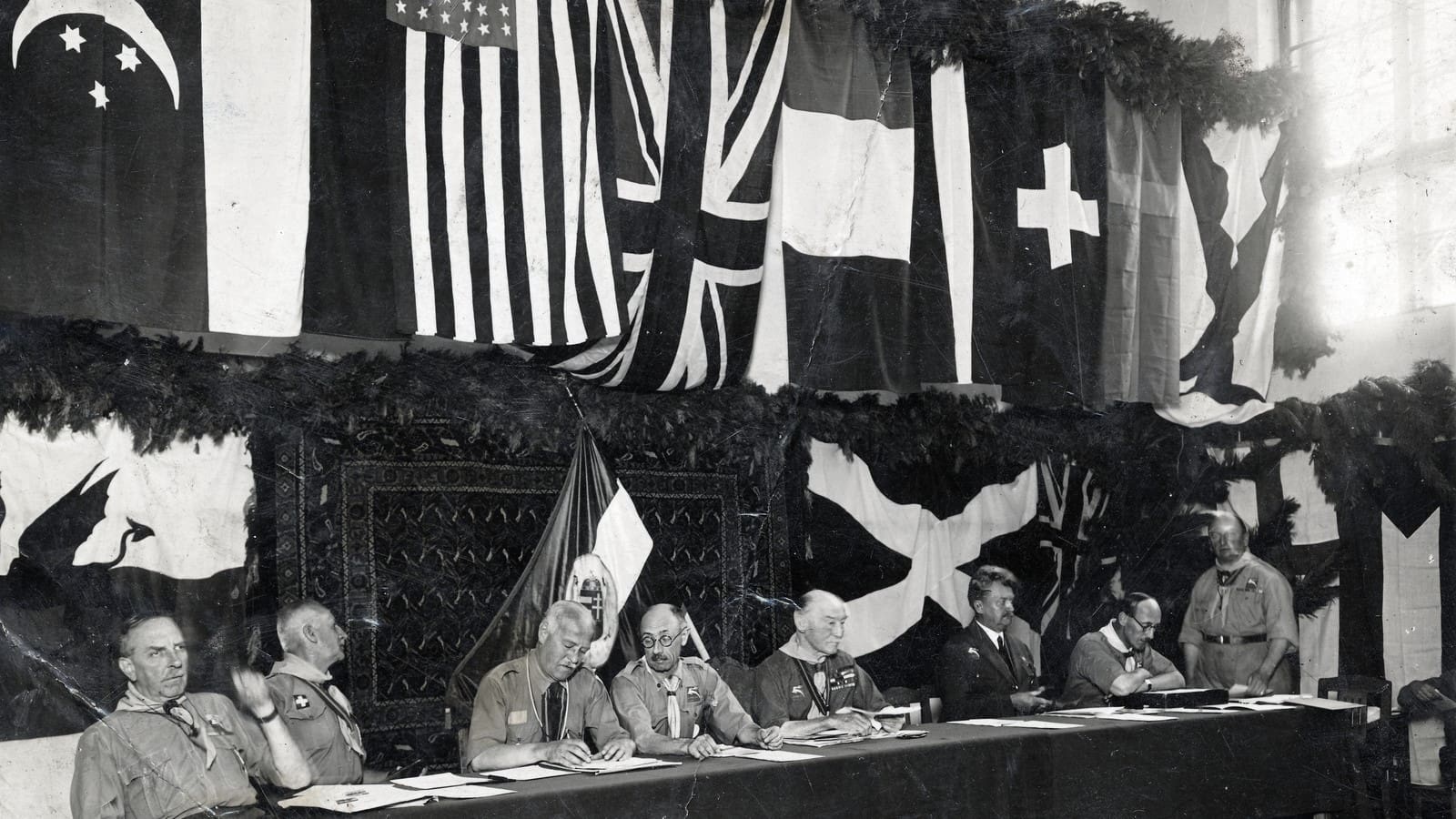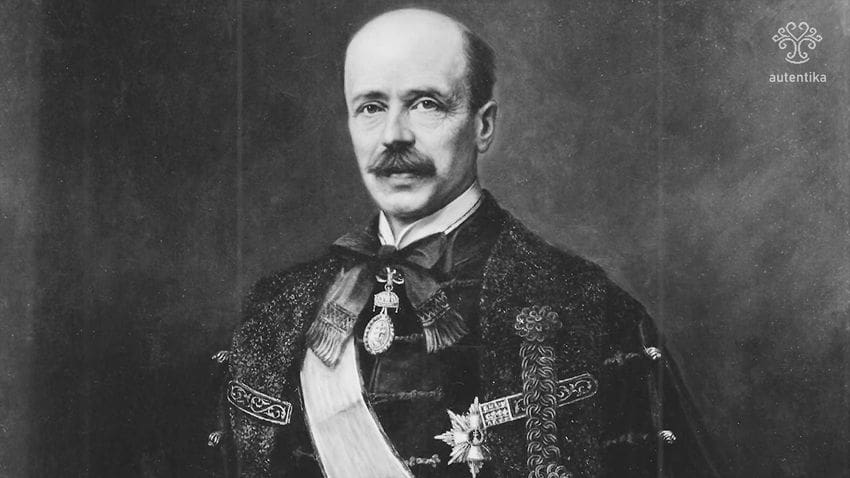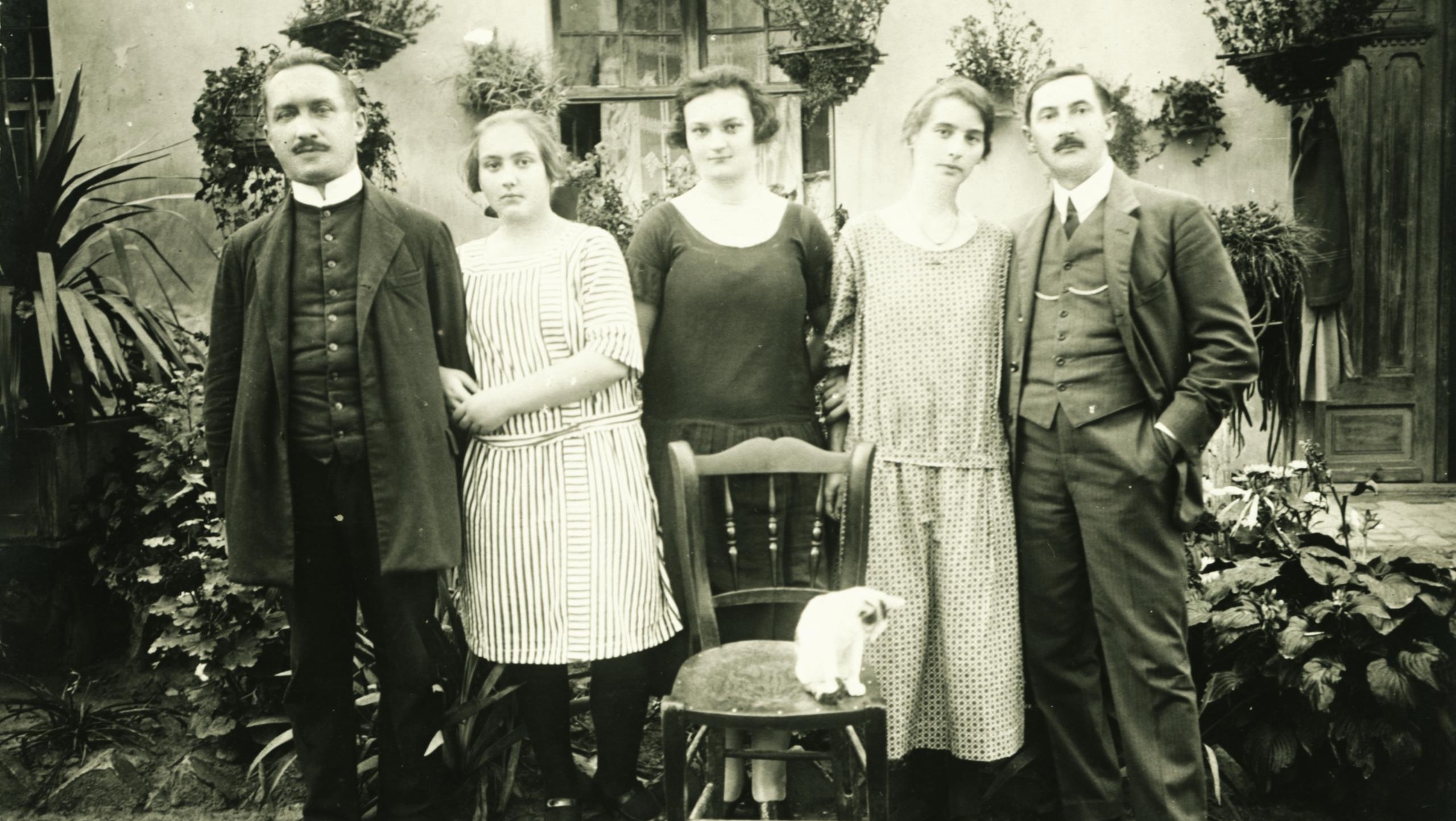
How the Distinctive Clothing of Hungarian Reformed Ministers Took Shape and Changed During the Centuries — Part VIII
On the eve of Reformation Day we are publishing the last instalment of our eight-part series on how the garments worn by Calvinist pastors evolved over the past five hundred years. Part VIII looks at the types of garments worn by Protestant ministers between the interwar period and the present day.

